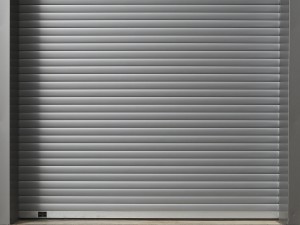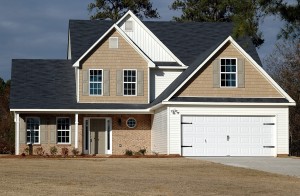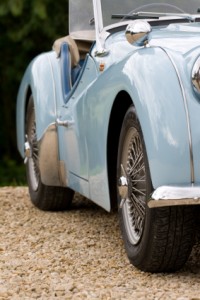
Choosing the correct garage doors Chester isn’t something you do every day. They’re not cheap – so it’s important to get it right the first time. There are a few different things to consider besides the price when choosing, which can be confusing. Thankfully, we’re here to help you decide what to go for.
Main Points to Consider When Choosing Garage Doors:
Just to give you an idea of what to expect, we’ve put a list together which outlines the main things you should look at when buying garage doors:
- Price Range – How much are you willing to spend/how much can you afford?
- Security – How much protection against thieves and intruders do you want?
- Maintenance – How much time are you willing to spend in order to keep your doors looking great and working properly?
- Insulation – Do you need your garage to keep warm or are you just using it to leave the car in there?
- Colour – Depending on which material you choose; the range of colours will differ.
All these parts to your decision will also be limited to the space you have. The size of the opening on your garage, and the available area for mechanisms.
If you are getting a new garage built, then it might be best to choose your garage doors first to make sure that the new build accommodates for them.
The same goes for the space outside your garage doors. You must make sure there is enough room for the doors to swing out whilst opening.
Material Choices for Garage Doors
The four common materials used when manufacturing garage doors is:
- Steel
- Aluminium
- Timber
- Glass reinforced polyester or Fibreglass
The style home/building you’re choosing the doors for should influence your decision most when it comes to materials. A contemporary style house would need something modern to tie in with it, which would be difficult to achieve with a timber garage door. The same could be said for a traditional build if you put steel doors with it. However, this is down to personal preference.
Steel doors are light and easy to manage. They are usually supplied already primed and ready for the customer to apply a colour coating of their choice.
Aluminium doors are better suited for buildings which have living spaces above them due to noise reasons when opening and closing.
Timber garage doors were a popular choice, but these have now been replaced by fibreglass doors. Fibreglass doors have the strength and durability making them resistant to knocks and rot – reducing on going maintenance.
Opening Mechanisms for/Styles of Garage Doors
When choosing the doors, an important part to think about is the way that they open. This will determine its convenience for how you are using your garage – not many use it for just storing the car these days.
The options for opening mechanisms are:
These do what they say in the name. The open up and go over the garage space. They are the most common style in use today. This style is simple to install and use, making them a cheaper option. The only downside is that they open out into the driveway – so are not suitable if you have limited space.
This style door is made up of panels rather than a single panel, which allows it to easily slide up and back into the garage to sit on top of rails, and doesn’t require space to swing out onto the driveway. This is a more complex mechanism so you can expect it to cost more – especially if it is fitted with an electrical opener.

Roller doors work like sectional garage doors, but have very small panels which roll up and fold at the top of the garage opening, using up little space. This style is easy to use, and is very secure.
 Side-hinged garage doors
Side-hinged garage doors
This opens like normal doors on a hinge, which is usually split into two. These are perfect when the regular access to the garage is on foot. They can be very secure and take up little space inside the garage, although they do open out into the drive.
- Round-the-corner or side-sliding garage doors
This is a style of sectional garage door which folds around to the side of the garage interior rather than the top. These are handy as you don’t need to open them fully to gain access.









